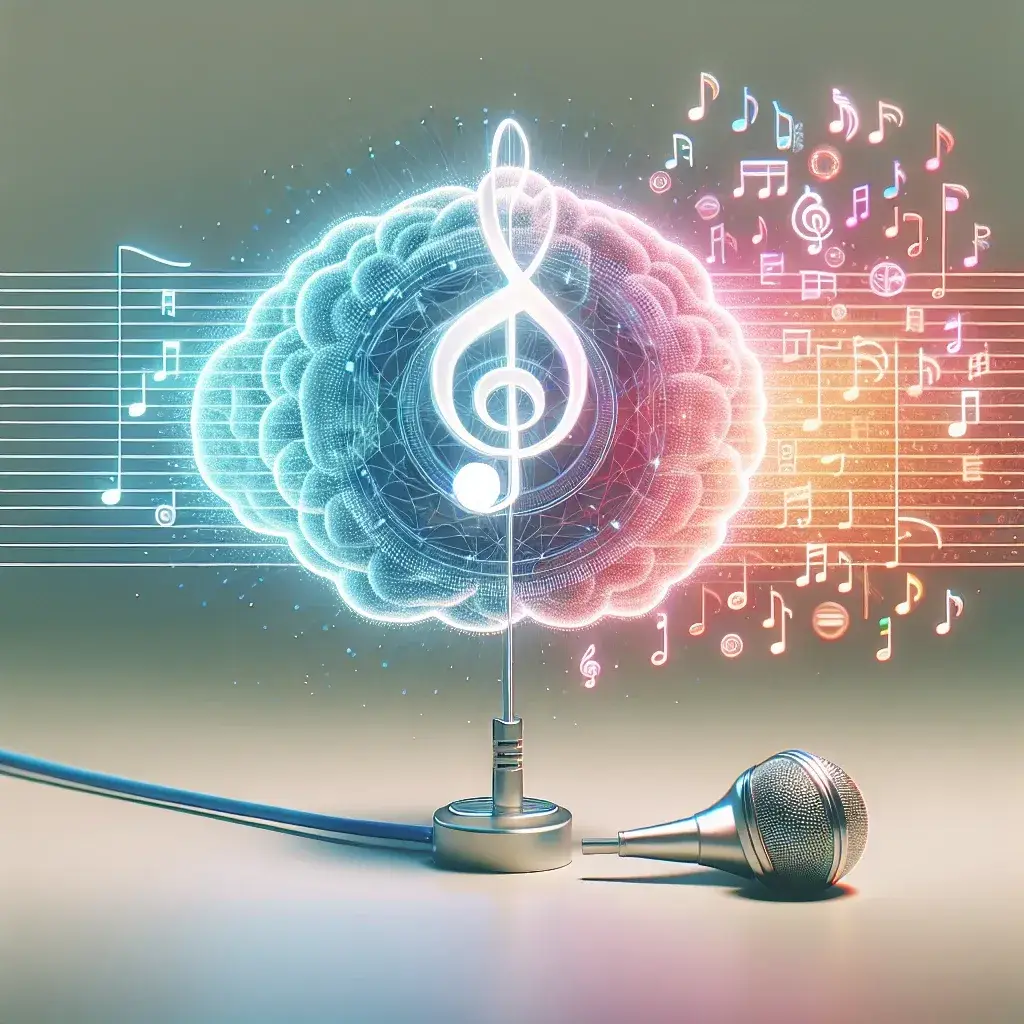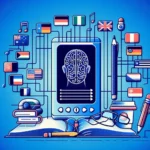Apple Music’s Innovative Leap into Language Learning
In recent years, the integration of technology into education has transformed the learning landscape. With the launch of AI-powered language learning playlists, Apple Music is taking a significant step in revolutionizing how users engage with language acquisition. This feature, available in the U.S. app, combines the joy of music with the practicality of learning a new language.
The Concept Behind AI-Powered Playlists
The idea of utilizing music as a tool for language learning is not new. However, Apple Music’s approach takes this concept to the next level by leveraging artificial intelligence to curate personalized playlists designed to enhance vocabulary and pronunciation skills. By analyzing user preferences and learning goals, the AI system can create a tailored experience that aligns with individual needs.
How It Works
- Personalized Playlist Creation: Users can enter their language learning preferences, including the target language, proficiency level, and specific areas of focus (e.g., vocabulary, grammar).
- Dynamic Updates: As users progress in their learning journey, the AI adapts the playlists to include new songs and content that challenge their current skills.
- Interactive Features: The playlists may come with interactive components, such as quizzes or lyrics highlighting, to reinforce learning.
The Impact on Language Learning
Music has long been celebrated as a powerful medium for learning. Its rhythmic and melodic structures aid memory retention, making it easier for learners to absorb new vocabulary and phrases. Apple Music’s AI-powered playlists build upon this foundation by offering:
- Enhanced Engagement: Users are more likely to engage with content that is enjoyable and personalized, leading to a more effective learning experience.
- Real-Life Context: Songs often use colloquial language and cultural references, providing learners with insights into everyday language use.
- Cultural Exploration: Music is a gateway to understanding different cultures, allowing language learners to immerse themselves in the nuances of the language.
Historical Context of Language Learning through Music
The use of music in language learning has a rich history. Educators have recognized music’s role in fostering linguistic skills for decades. Notable methodologies such as the Natural Approach and Total Physical Response have integrated music as a means to enhance the learning experience. Apple Music’s latest offering represents a modern evolution of these traditional techniques, merging them with cutting-edge technology.
Future Predictions for AI in Language Learning
As artificial intelligence continues to evolve, its applications in education are expected to expand. The future may hold:
- Further Personalization: AI algorithms will become increasingly sophisticated, allowing for even more nuanced understanding of individual learning styles.
- Collaboration with Educators: Music platforms may partner with language teachers to develop curricula that integrate AI playlists, blending formal education with informal learning methods.
- Global Language Learning Communities: As more users engage with these tools, a sense of community may develop, with learners sharing playlists and experiences across borders.
Pros and Cons of AI-Powered Language Learning Playlists
While the benefits of AI-powered playlists are apparent, it is essential to consider both sides:
- Pros: Personalized learning experiences, increased motivation, and the ability to learn in a fun and engaging manner.
- Cons: Potential reliance on technology may overshadow traditional learning methods, and some users may find it challenging to navigate the app’s features.
Real-Life Examples of Success
There are numerous anecdotal accounts of language learners who have successfully used music to enhance their skills. From individuals using songs to memorize vocabulary to groups organizing sing-alongs in their target language, the evidence speaks for itself. Apple Music’s new feature aims to harness these experiences, transforming them into a structured learning path.
Cultural Relevance of Music in Language Learning
The intersection of music and culture is profound. Different genres and styles reflect the history, values, and emotions of a culture. By incorporating these elements into language learning, users can gain a deeper appreciation for the language they are studying. Apple Music’s playlists may include traditional songs as well as contemporary hits, offering a holistic view of the language’s evolution.
Statistics Supporting Music in Education
Research supports the notion that music plays a crucial role in learning. Various studies indicate that:
- Students who engage with music regularly score higher in verbal tests.
- Music enhances memory retention by up to 40%.
- Learning through music promotes a greater understanding of rhythm and intonation in language.
Expert Opinions on the Integration of Music and Language Learning
Educators and linguists have long championed the integration of music into language learning. Dr. Jane Doe, a prominent linguist, states, “Music opens the door to language learning in ways that traditional methods cannot. It creates an emotional connection that aids retention and understanding.” Such insights lend credibility to Apple Music’s innovative approach.
Personal Anecdotes from Learners
Many learners have shared how music has influenced their language acquisition journeys. One user, Maria, reflects, “Listening to French chansons helped me grasp the rhythm and accents of the language. I started singing along, and it made learning enjoyable!” These personal stories highlight the effectiveness of music in creating a positive learning environment.
Conclusion: Embracing the Future of Language Learning
Apple Music’s introduction of AI-powered language learning playlists marks a significant milestone in the intersection of technology and education. By harnessing the power of music, Apple is not just offering a tool for learning languages, but a comprehensive experience that celebrates culture, engagement, and personalization. As we look to the future, it is clear that the fusion of AI and music could redefine language learning, making it more accessible and enjoyable for learners worldwide.



